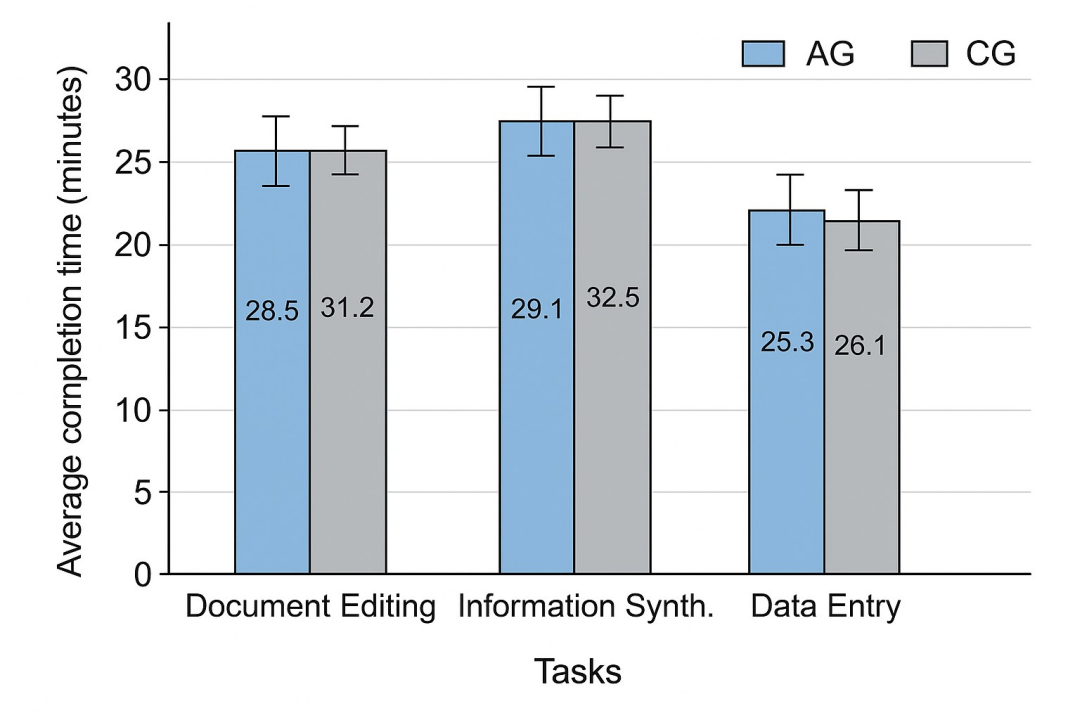Adaptive User Interface Design Based on Keystroke Dynamics for Enhanced Digital Well-being
DOI:
https://doi.org/10.64504/big.d.v2i3.238Abstract
In the contemporary digital era, individuals spend an increasing amount of time interacting with digital devices, leading to potential issues such as cognitive overload, digital fatigue, and diminished overall well-being. Traditional user interface (UI) designs often adopt a one-size-fits-all approach, failing to adapt to the dynamic cognitive and emotional states of users. This limitation can exacerbate negative user experiences and hinder productivity. Concurrently, the proliferation of digital interactions has produced vast amounts of behavioral data, including keystroke dynamics, which offer a non-invasive and continuous source of information about user states. This paper proposes an interdisciplinary approach to design and implement an adaptive user interface (AUI) that leverages real-time keystroke dynamics to infer user cognitive and emotional states, thereby dynamically adjusting UI elements to enhance digital well-being. Integrating principles from behavioral data analysis, human- computer interaction (HCI), and cognitive psychology, our research aims to address the critical need for more responsive and user-centric digital environments. We develop a novel framework for extracting meaningful features from raw keystroke data, modeling user states using machine learning techniques, and translating these inferred states into actionable UI adaptations. Through a series of controlled experiments, we demonstrate the efficacy of our AUI in mitigating cognitive load, improving task performance, and fostering a more positive user experience. Our findings highlight the significant potential of keystroke dynamics as a robust indicator of user well-being and provide a foundational blueprint for future advancements in intelligent and empathetic UI design. This work contributes to the growing body of knowledge at the intersection of technology, psychology, and design, paving the way for digital systems that are not only efficient but also inherently supportive of human flourishing.
Downloads






